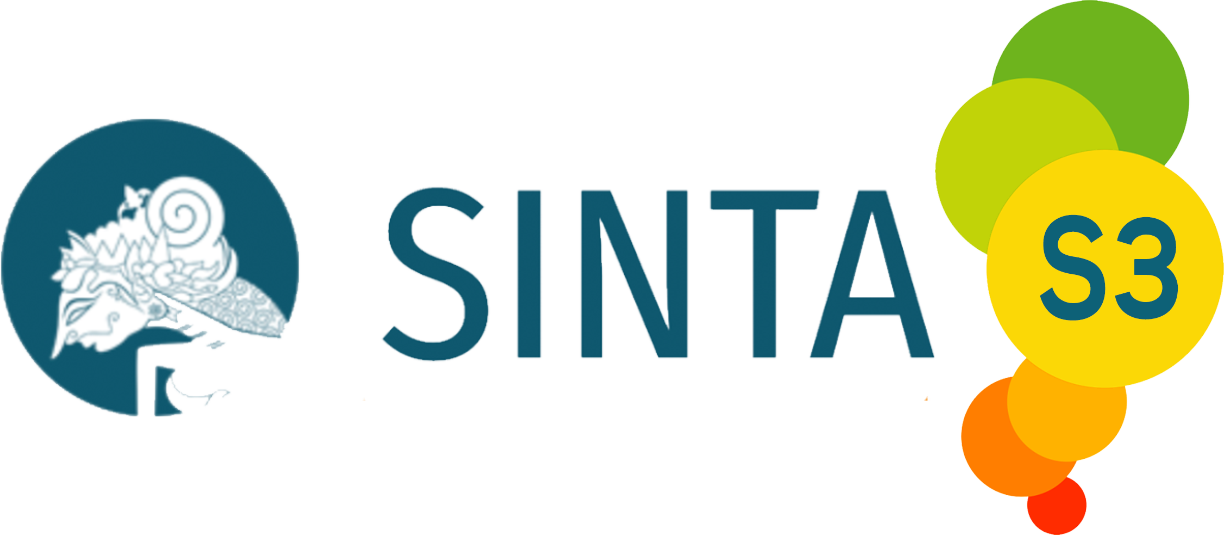About the Journal
Focus and Scopes
International Journal of Research and Community Empowerment (IJoRCE) accepts research articles on Sustainable Development Goals (SDGs) Education, especially in the fields of Natural Sciences, Social Sciences, Education, and Community Services.
Peer Review Process
All manuscripts submitted to the International Journal of Research and Community Empowerment (IJoRCE) follow a six-stage editorial workflow consisting of Submission, Initial Check, Peer Review, Final Check, Editing & Proofreading, and Publication, as shown in the accompanying figure. During the Initial Check, the editorial team confirms that each submission fits the journal’s focus on SDGs education, meets formatting requirements, includes all required components, and passes a plagiarism screening. Manuscripts that do not meet these criteria are returned to the authors for correction or declined; those that pass move forward to peer review.

IJoRCE uses a double-blind peer-review system. At least two or three independent experts evaluate every manuscript. Reviewers assess the work on five core criteria: novelty, methodological soundness, data accuracy, originality, and clarity of presentation, alongside its relevance to the journal’s aims. They provide detailed, constructive feedback, and authors may be asked to revise their manuscripts. All reviews remain confidential, and any reviewer or editor with a potential conflict of interest is excused from the process to ensure objectivity.
Authors may suggest up to five potential reviewers for their paper (please include each reviewer’s title, name, institution, postal address, and e-mail address). Authors may also propose up to three individuals they prefer not to review their article, provided a reasonable explanation is given. Reviewers should have a Scopus ID, a Researcher ID, or be recorded as a first or corresponding author in this journal.
Reviewers may also be invited from journals published by major publishers such as Elsevier, Springer, or Taylor & Francis. They must come from institutions different from those of the authors and, preferably, from different countries. Reviewers must not have any conflict of interest with the authors or the manuscript. The editor, however, is under no obligation to use reviewers suggested by the authors.
When authors have addressed all reviewer comments, the manuscript undergoes a Final Check. Editors verify that the revisions meet every recommendation and that the submission now complies with IJoRCE’s scientific and ethical standards. Accepted papers then enter Editing & Proofreading, where professional editors refine language, style, references, and formatting. Galley proofs are sent to authors for final approval; after corrections are confirmed, the article is posted online as an “Article in Press”, and published in the next scheduled issue. Throughout this process, the production team ensures that every article is presented clearly and consistently while maintaining the integrity of its content.
The publisher has no authority to interfere with editorial decisions, which are entirely the responsibility and prerogative of the Editorial Team. All stages of the editorial and peer review process are governed by internationally recognized ethical standards to ensure fairness, transparency, and academic integrity.
Journal Scientific Statement
Every article that completes this workflow is certified to uphold IJoRCE’s ethical code, which is founded on three principles: Neutrality, meaning freedom from conflicts of interest in publication management; Justice, meaning fair attribution of authorship to all legitimate contributors; and Honesty, meaning strict avoidance of duplication, fabrication, falsification, and plagiarism. Through rigorous double-blind review, meticulous editing and proofreading, and transparent editorial oversight, each published work is assured to meet the highest standards of originality, scientific validity, and relevance to SDGs education.
Publication Frequency
International Journal of Research and Community Empowerment (IJoRCE) dedicated for Teacher, Lecturer, and Researcher to publish their newest research in Sustainable Development Goals (SDGs) Education. IJoRCE published by PT Mitra Edukasi dan Publikasi. IJoRCE publish twice a year with 5-7 articles for every issue. IJoRCE is published in February and August.
Anti-Plagiarism Policy
All manuscripts submitted to International Journal of Research and Community Empowerment (IJoRCE) must be the author's original work (plagiarism free). The submitted manuscript has never been published and/or is in the process of being sent to any publication media. The author is responsible for the authenticity of the submitted manuscript. All incoming manuscripts will be checked with similarity-checking software (Turnitin and/or iThenticate). Manuscripts with a high level of similarity/plagiarism will be rejected.







